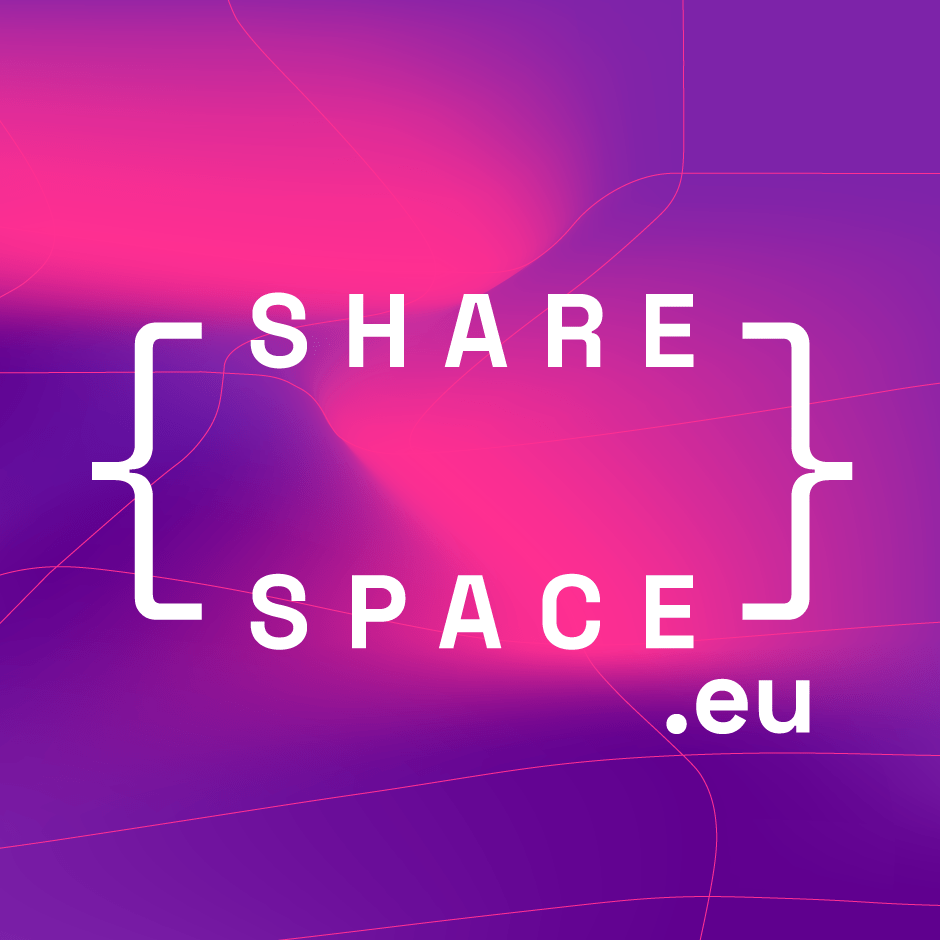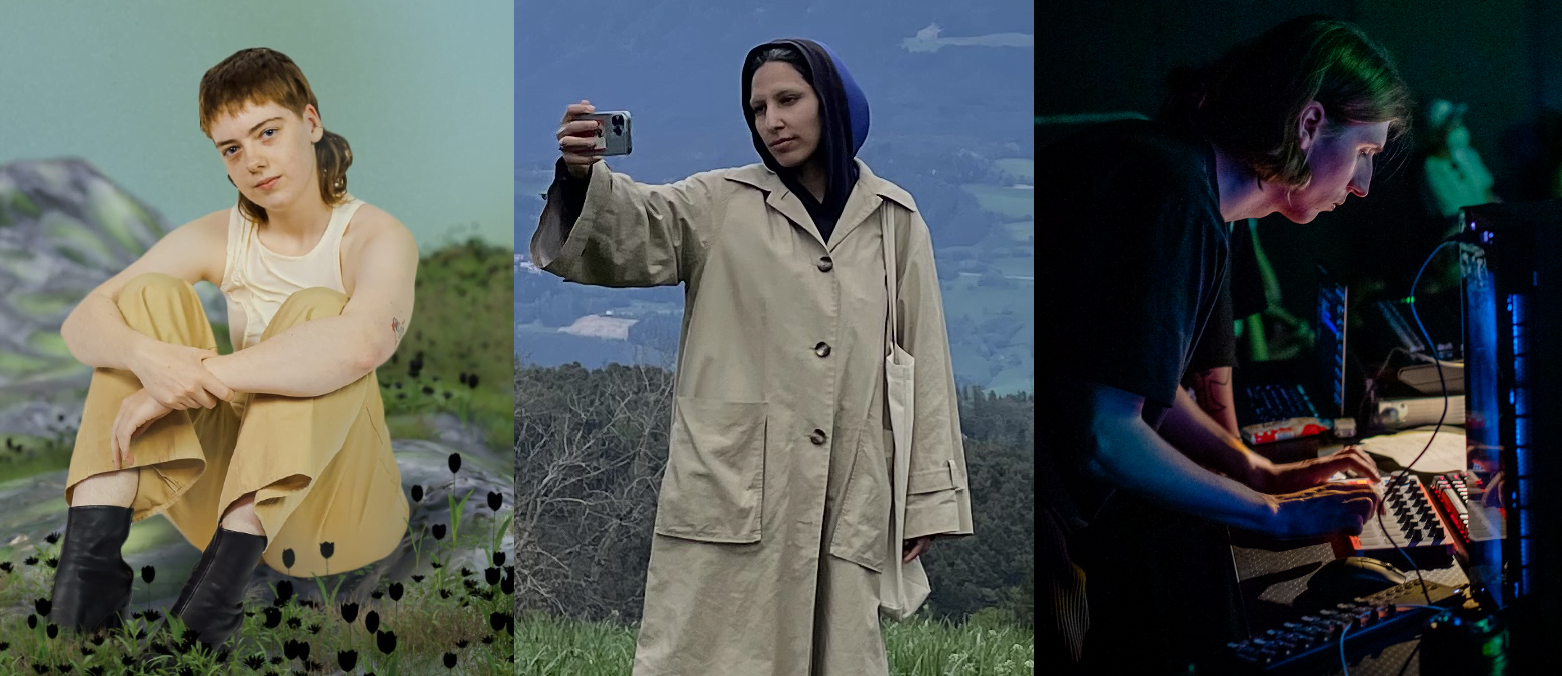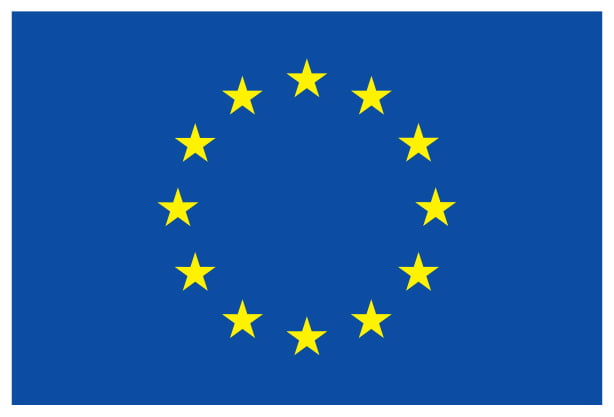The Open Call 2023 process for the Horizon Europe project SHARESPACE has finished. We were extremely excited to receive over 60 promising applications from over 30 different countries. We want to express our gratitude to all those who applied, and urge the projects not chosen to reapply for the SHARESPACE Open Call 2024.
Selection Process
After the application period closed, the selection process proceeded in three rounds. The first round was an internal review of the projects by the Ars Electronica Futurelab team, the second round was a review round with the SHARESPACE partners, and the final decision was made by the Artistic User Advisory Board, a group of external experts covering relevant areas such as media art, art curation, performance, and VR/XR. A full description of the selection process can be found in the public Deliverable 6.1 ‘Detailed Planning on Scenario Validation’.
The Selected Project
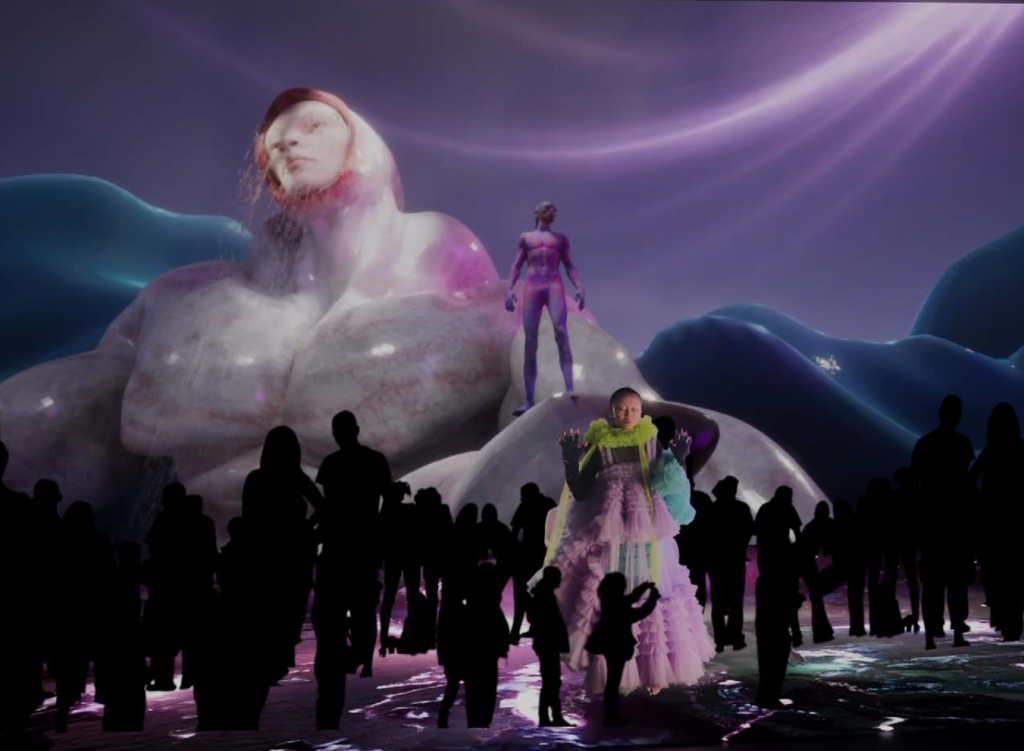
The selected project currently has the working title ‘State of Play’, and is suggested by a group of young artists based in Berlin and London. The team includes 3D artists, art directors, digital artists, and game developers. The project’s goal is to bring adults in touch with their inner child through the act of ‘play’.
Highly influenced and inspired by videogame ‘boss encounters’, ‘State of Play’ creates an expansive and interactive performance involving a central figure and the onsite participants. In the immersive environment of Deep Space 8K, the floor projection functions as a game controller for the onsite participants, while the wall screen showcases gameplay. Both screens are utilized for cutscenes, enhancing the overall cinematic and immersive experience. The onsite participants are actively involved in collaborative gameplay, reminiscent of guild-style raids, working together to confront a formidable avatar or ‘boss,’ portrayed by a motion-captured performer.
The performance progresses through various phases, seamlessly transitioning between cutscenes and gameplay, building anticipation and concluding with an emotionally charged final cutscene. Drawing inspiration from traditional video game boss battles and Friedrich Nietzsche’s philosophical exploration of the dialectics between the Greek gods Apollo and Dionysus in ‘The Birth of Tragedy,’ the piece undergoes constant transformation with changing arenas, checkpoints, and cutscenes.
The emphasis lies on collaborative teamwork and communication, fostering a shared approach rather than promoting violence for entertainment. The abstract nature of the boss ensures inclusivity among players from diverse backgrounds, as it prevents anyone from feeling offended or discriminated against. The success of the game lies in its ability to bring together players and social connection that extend into real-life interactions, as the audience collectively experiences care and emotions in real-time.
The full jury statement of the Artistic User Advisory Board can additionally be found in the public Deliverable 6.1 ‘Detailed Planning on Scenario Validation’.
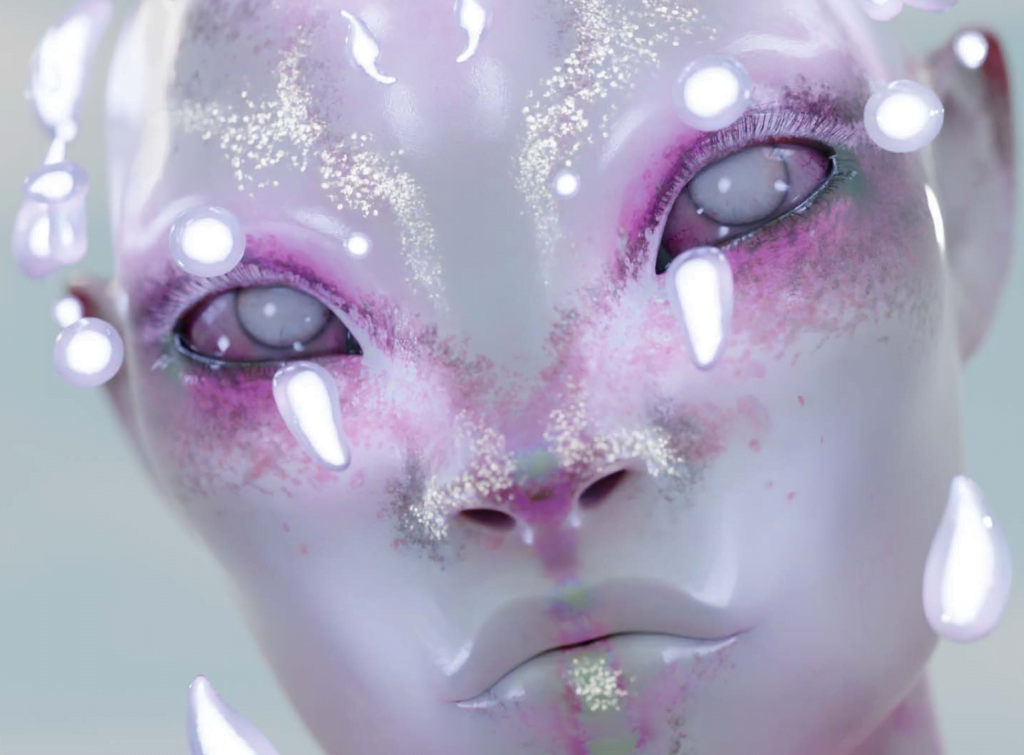
About the Artists
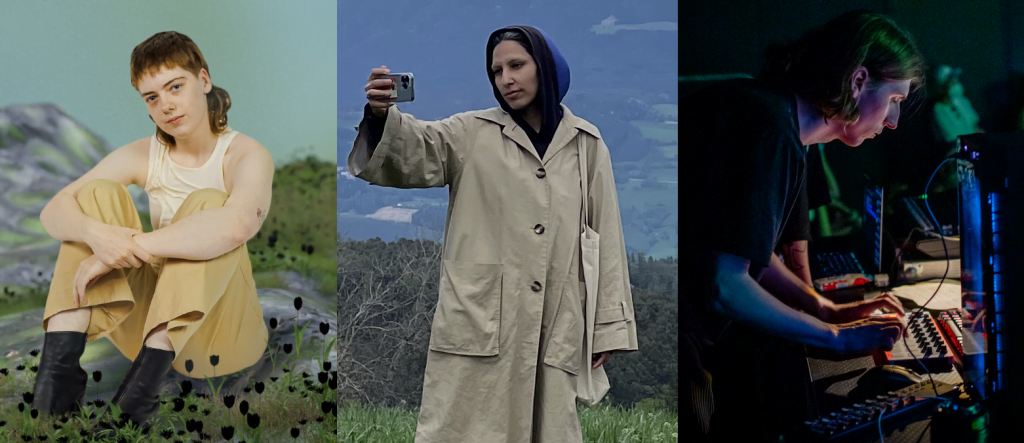
Harriet Davey (they/she) is a 3D Artist and Art Director from the UK, based in Berlin. Through the exploration of gender non-conforming virtual avatars, Davey restores and reclaims the bodies extorted by a male dominated gaming industry. Obsessed with questioning what it means to be fluid and human in a digital world: their work examines and interrogates the ugly and the beautiful; the maximum and the minimum; the online and the offline.
Links:
Social Media: Instagram: @harriet.blend / X: @harriet_blend
Url: https://www.youtube.com/@harriet.blend
Tara Habibzadeh (they/them) is a post-medium artist, philosopher and art director, born and raised in tehran/iran. With a background in Film, Mathematics and Law, Habibzadeh’s works think in analogies and metaphors of complex systems and layers in the simplest dialectic visuals and language using the trivial challenging the Eurocentric colonial binaries with scientific and universal methods.
Links:
Social Media: @kamikaze.labyrinthe
Mati Bratkowski (he/him) is a digital artist and game developer from Poland, based in London, working with video games, interactive installations, and live digital performances. His creations frequently include computer-generated characters and ecosystems, all meticulously crafted from scratch. He explores how digital forms of representation can create new versions of reality and how tools provided by new technologies can reflect the complexity of natural systems.
Links:
Social Media: Instagram: @matibratkowski
Url: https://vimeo.com/mateuszbratkowski
